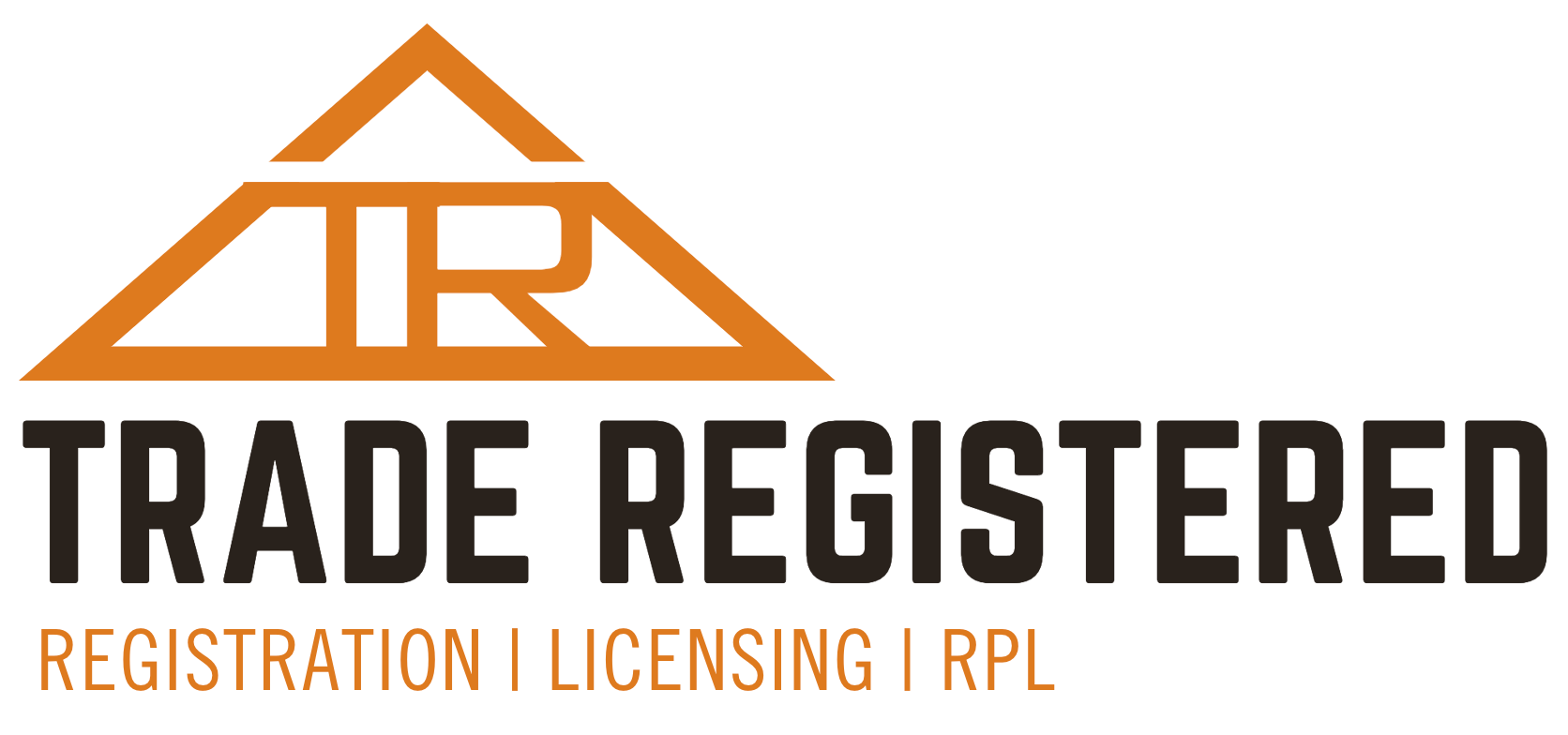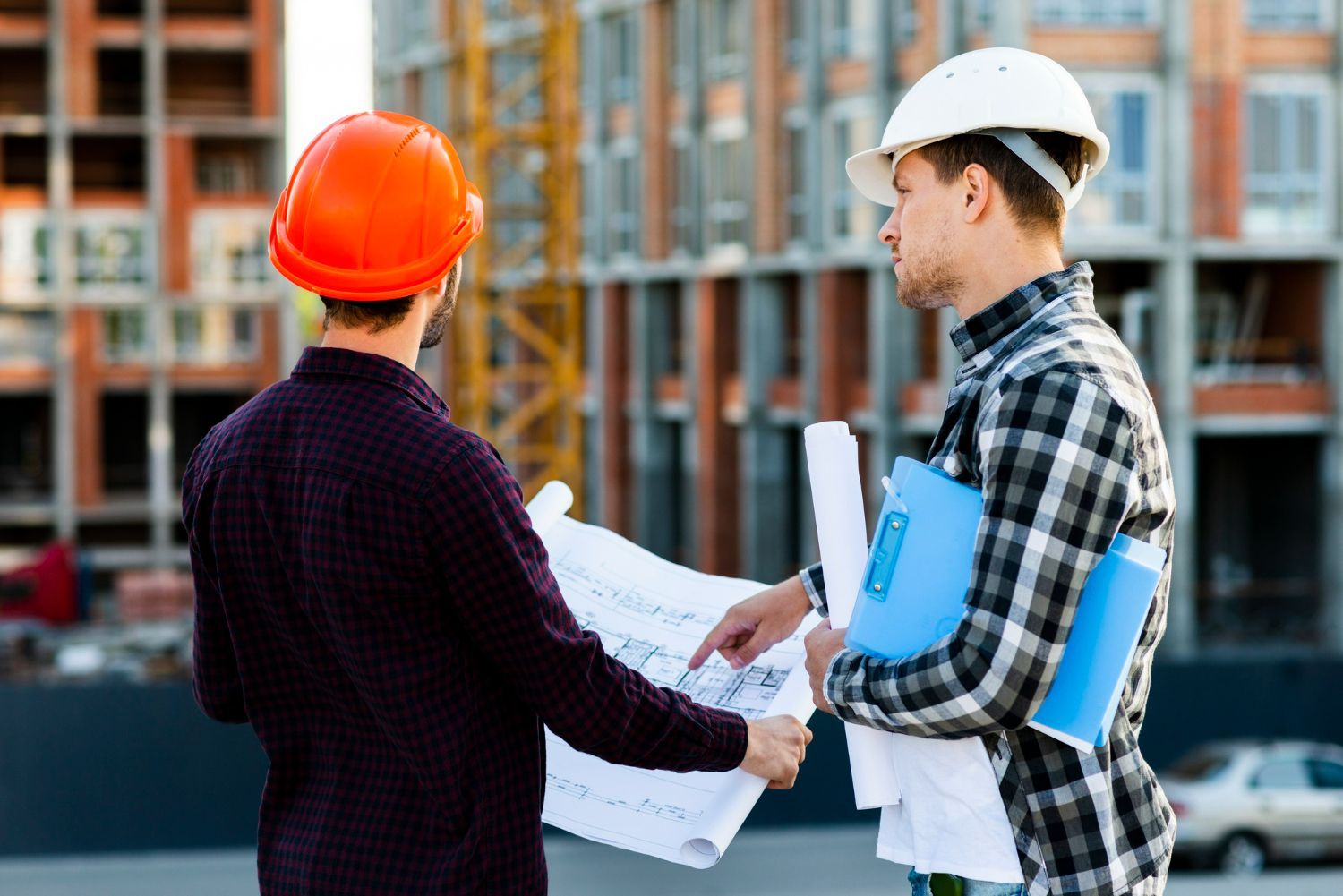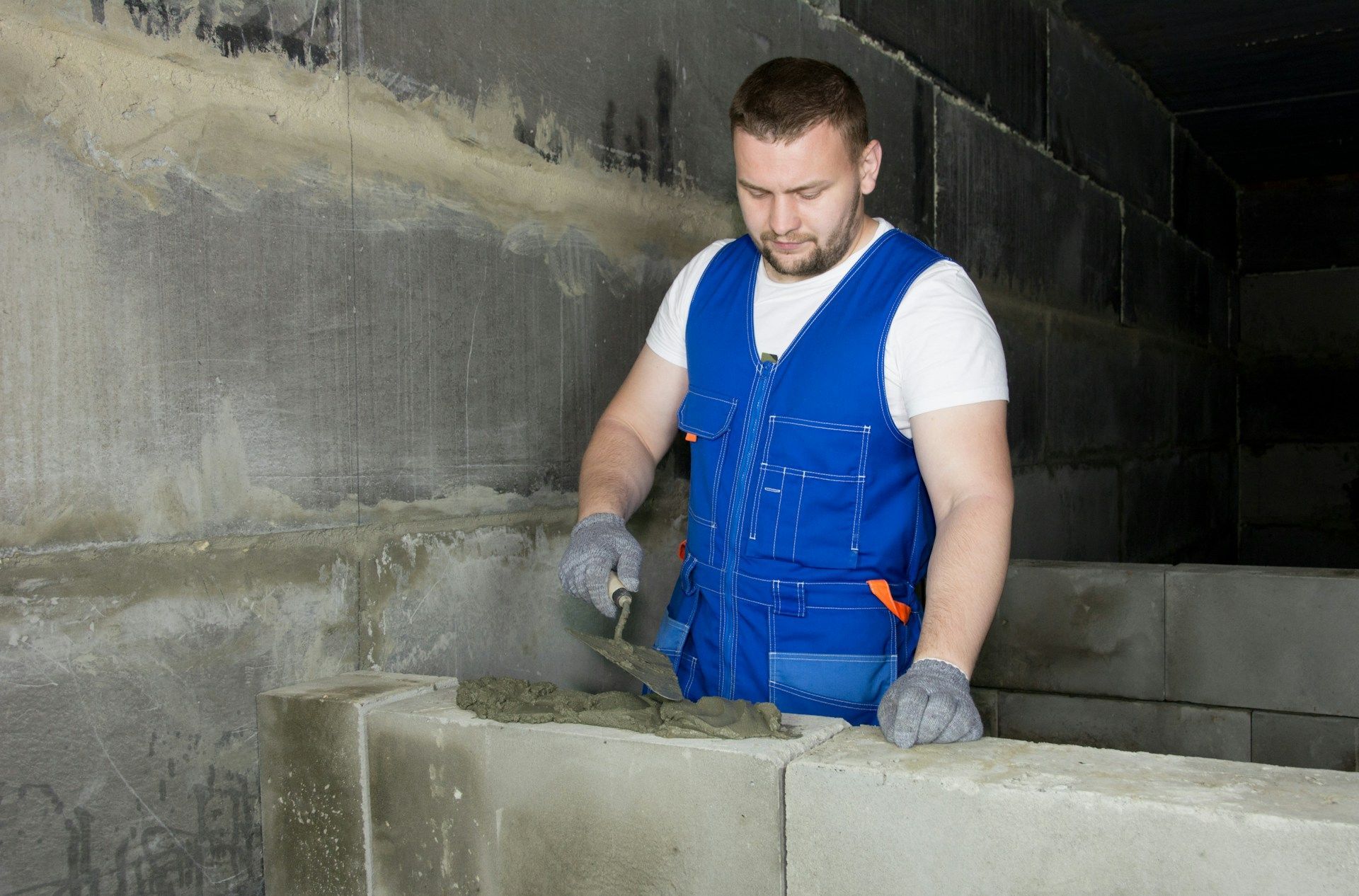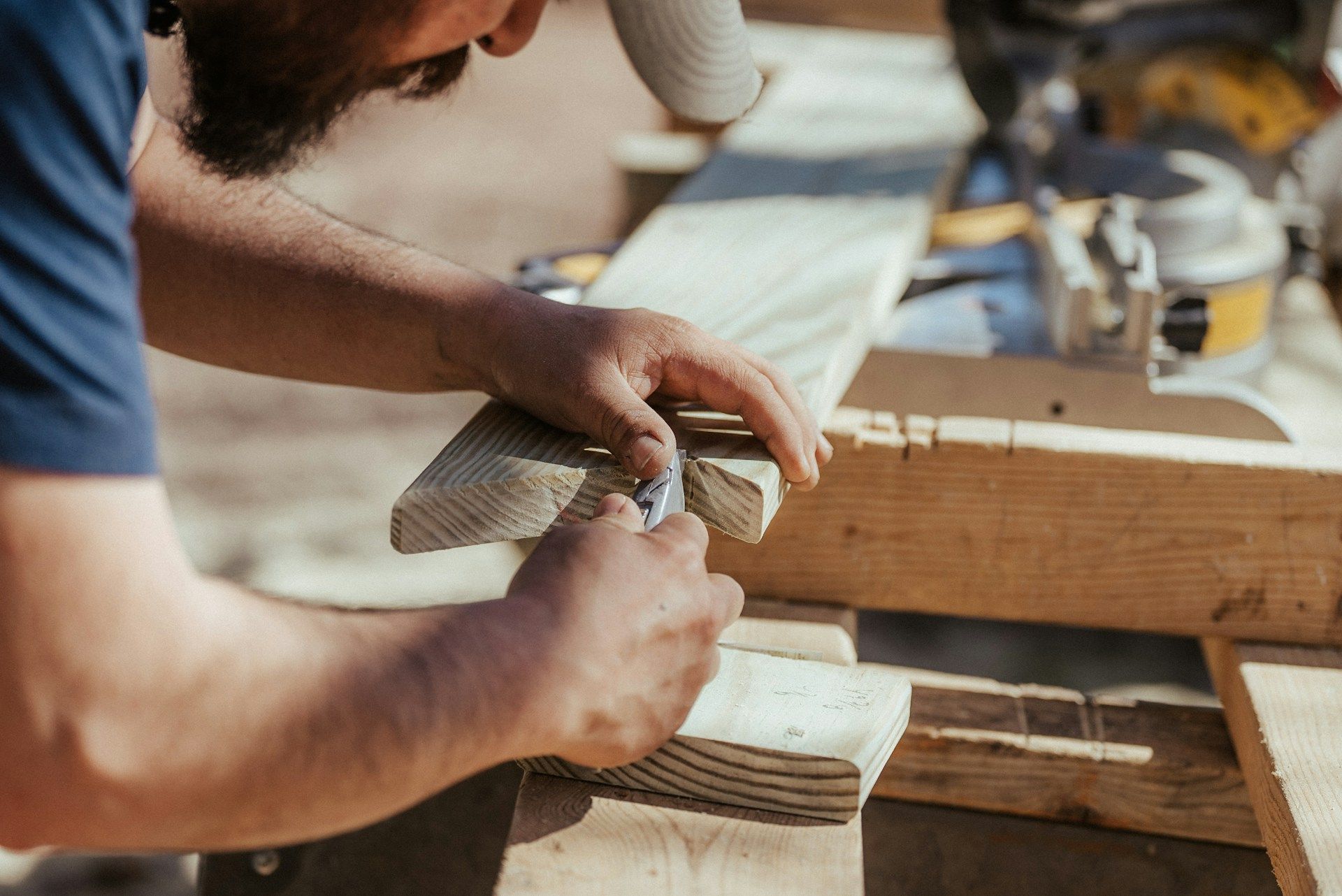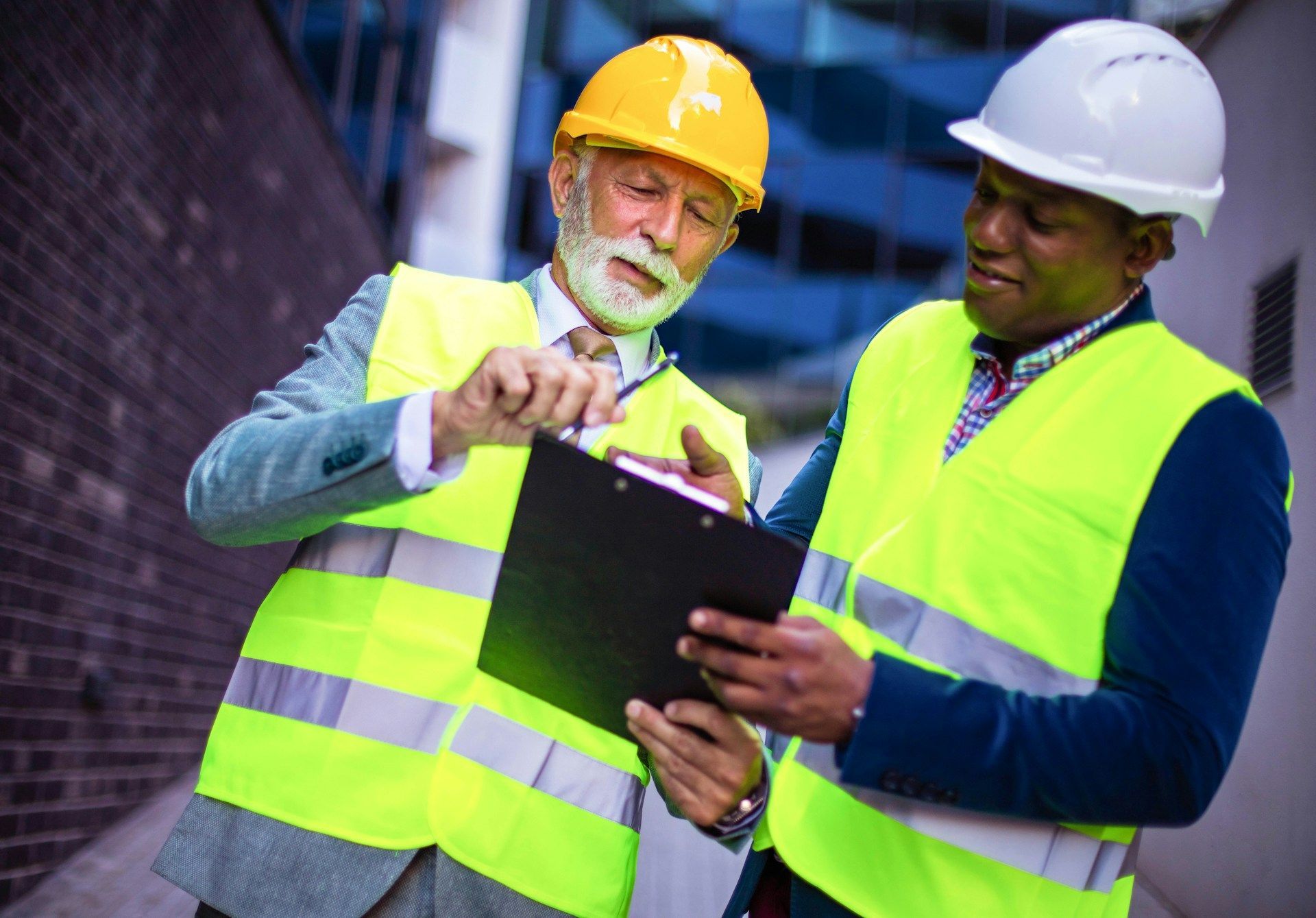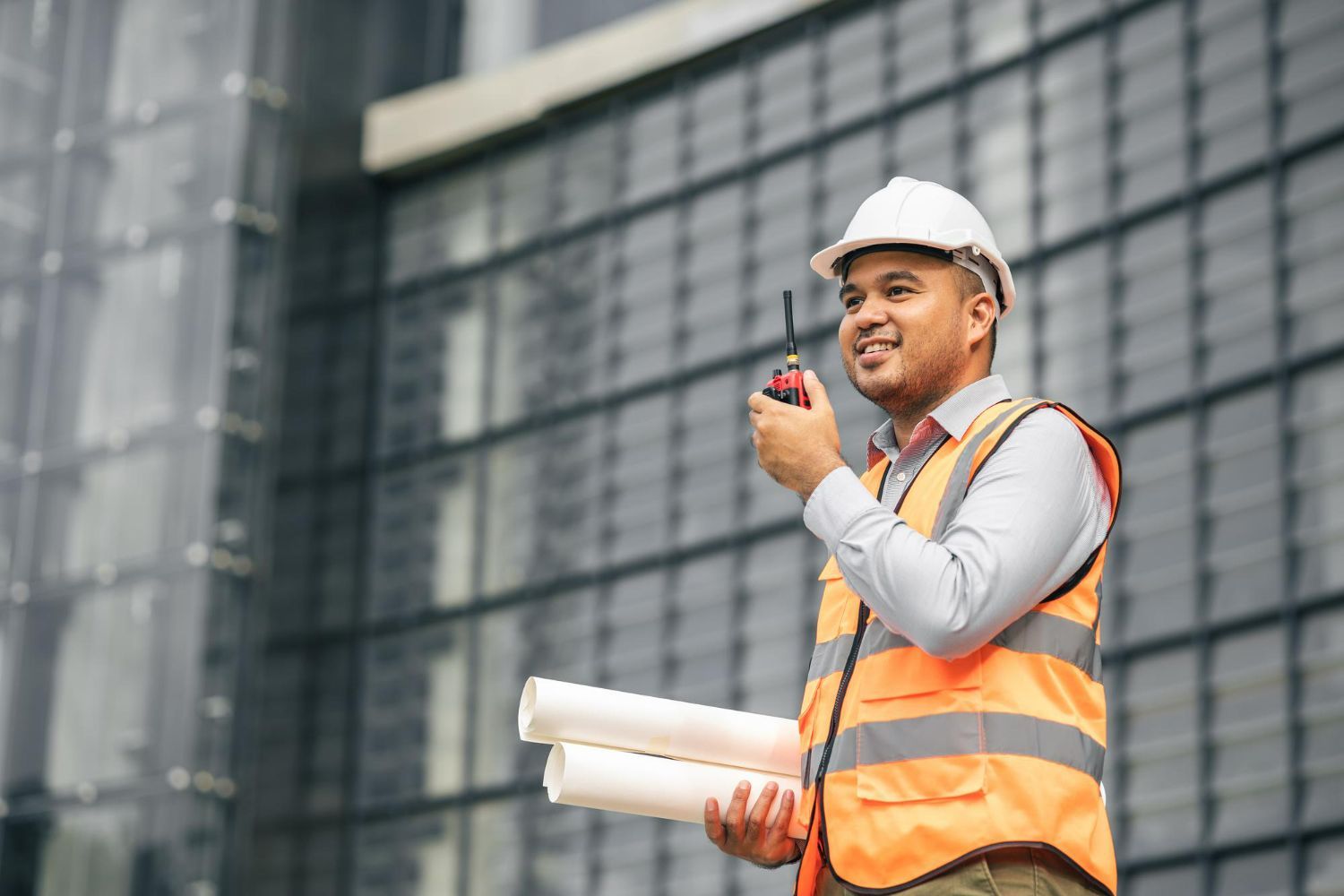Do You Need a Builder's Licence in Victoria?
Thinking about taking on a building project in Victoria? You might be wondering if you need a builder’s licence. Knowing the rules is crucial before you start any construction work. Getting the right licence ensures that you're legally covered and can carry out your job without any issues.
In Victoria, different kinds of building projects have different requirements. Some jobs absolutely need a licence, while others might not. It’s important to understand when you need a licence to make sure you stay on the right side of regulations.
In this article, we'll explore when a builder’s licence is necessary, what types of building work are covered, the consequences of working without a licence, and the steps to obtain one. By the end, you’ll have a clear understanding of what you need to do to get started with your building project in Victoria. This knowledge will not only help you avoid legal troubles but also set a solid foundation for your building career.
Understanding When a Builder's Licence Is Required
To figure out if you need a builder's licence in Victoria, you must first understand the regulations that determine when a licence is necessary. The Victorian Building Authority (VBA) sets these rules to ensure safety and quality in construction projects.
When You Need a Licence
1. Major Construction Projects: If you plan to undertake large projects like building a new house, renovating a significant portion, or constructing a commercial building, you will need a licence.
2. Contracting Work: If you’re planning to carry out work under a contract that costs more than $10,000, a licence is required. This amount includes both labour and materials combined.
3. Specialist Work: Certain specialist work, like plumbing, electrical, or gas-fitting, also requires specific licences. Even if you are a general builder, you will need additional qualifications for these tasks.
Exemptions
1. Minor Jobs: Small projects like simple repairs, painting, or minor landscaping tasks typically do not require a builder’s licence.
2. DIY Projects: If you are working on your own home and you are not planning to sell it within a certain period, you might not need a licence. However, you still need to follow all safety and building standards.
Knowing when you need a builder’s licence helps you avoid legal trouble and ensures you meet all safety standards. It also brings credibility to your work, showing clients and authorities that you are a qualified professional.
Types of Building Work Covered
Not all building work in Victoria requires a licence, but many types do. Knowing what kind of work is covered can help you better understand your responsibilities and keep your projects legally compliant.
Residential Building Work
1. New Homes: Building new residential structures, such as houses or apartment buildings, definitely requires a builder’s licence.
2. Major Renovations: If you are involved in significant renovation projects that involve structural changes, you need a licence. This includes tasks like adding new rooms or major kitchen remodels.
Commercial Construction
1. Offices and Shops: Constructing or extensively renovating commercial properties, like offices, retail stores, or restaurants, requires a licence.
2. Industrial Buildings: Building factories, warehouses, or other industrial structures also falls under the category where a licence is necessary.
Specialist Trades
1. Structural Work: Any work involving the structure of a building, including extensions and underpinning, requires a licence.
2. Compliance and Safety: Specialised tasks, particularly those involving compliance with building and safety standards, like fire systems and accessibility renovations, require you to hold the appropriate licence.
Exception Cases
1. Minor Repairs and Maintenance: Activities like fixing a broken window, painting, or replacing bathroom tiles usually do not need a builder’s licence.
2. Owner-Builders: If you are an owner-builder, you might have some exemptions, but it's best to check the specific regulations to ensure compliance.
Understanding the types of building work that require a licence helps you stay within the legal boundaries, maintaining both quality and safety in your projects. It also reinforces your professional integrity and trustworthiness in the eyes of clients and regulatory bodies.
Consequences of Not Having a Builder's Licence
Operating without a builder’s licence in Victoria can lead to serious consequences. Understanding these risks can help you avoid legal troubles and protect your reputation.
Legal Penalties
1. Fines: If caught working without a licence, you can face hefty fines. These penalties are enforced by the Victorian Building Authority (VBA) and can be significant.
2. Legal Action: More severe cases can lead to court action. You might be sued for damages or breach of contract if something goes wrong during your unlicensed work.
Project Delays
1. Work Stoppage: Authorities can shut down your project if they find out you’re working without a proper licence. This can cause major delays and increased costs.
2. Permit Issues: Without a licence, obtaining necessary permits becomes difficult, leading to further delays.
Loss of Reputation
1. Client Trust: Working without a licence can damage your reputation. Clients prefer to hire licensed builders as it guarantees a certain level of skill and professionalism.
2. Future Opportunities: Word spreads quickly in the construction industry. Being known as someone who cuts corners can limit future job opportunities.
The risks far outweigh any short-term gains you might think you’re making by not getting a licence. Staying compliant not only saves you from legal issues but also helps you build a trustworthy and professional image.
Steps to Obtain a Builder's Licence in Victoria
Getting your builder’s licence in Victoria involves several steps. Knowing what’s required will make the process smoother.
Meet the Requirements
1. Educational Qualifications: You need a Certificate IV in Building and Construction or an equivalent qualification. This ensures you have the necessary knowledge and skills.
2. Work Experience: A solid amount of practical experience in the construction industry is crucial. Typically, this includes at least three years of hands-on work.
Gather Your Documents
1. Proof of Identity: Collect all required identification documents such as your driver’s licence or passport.
2. Work Records: Keep detailed records of your work experience. Include references from past employers who can vouch for your skills.
3. Educational Certificates: Have your qualification certificates ready to submit.
Application Process
1. Complete the Form: Fill out the builder’s licence application form available from the VBA. Double-check all information for accuracy.
2. Submit Your Documents: Attach all necessary documents to your application. Ensure they are organised and easy to review.
3. Pay the Fee: An application fee is required. Check the current fee and ensure you make the payment correctly.
Await Approval
1. Review and Assessment: The VBA will review your application and may ask for additional information or clarification. Be prompt in your responses.
2. Licence Issuance: Once approved, you will receive your builder's licence, allowing you to legally work on projects within Victoria.
Following these steps carefully will help you obtain your licence efficiently, paving the way for a successful career in building and construction.
Conclusion
Obtaining a builder's licence in Victoria is crucial for anyone serious about a career in construction. Knowing when a licence is required, the types of work covered, and the consequences of not having one are vital pieces of information. This knowledge helps you stay compliant and protects you from legal headaches.
Getting your licence might seem like a long process, but it’s worth the effort. It opens up new opportunities, builds client trust, and ensures you can work without facing penalties or project delays. With the right qualifications, experience, and a well-prepared application, you'll be on the right track to becoming a licensed builder in Victoria.
For expert guidance and support throughout the licensing process, contact Trade Registered. We can help make the journey smoother and simpler, ensuring you meet all necessary requirements and maintain your professional standing. Get in touch with Trade Registered today to start your path to a
builder’s licence in Victoria.

